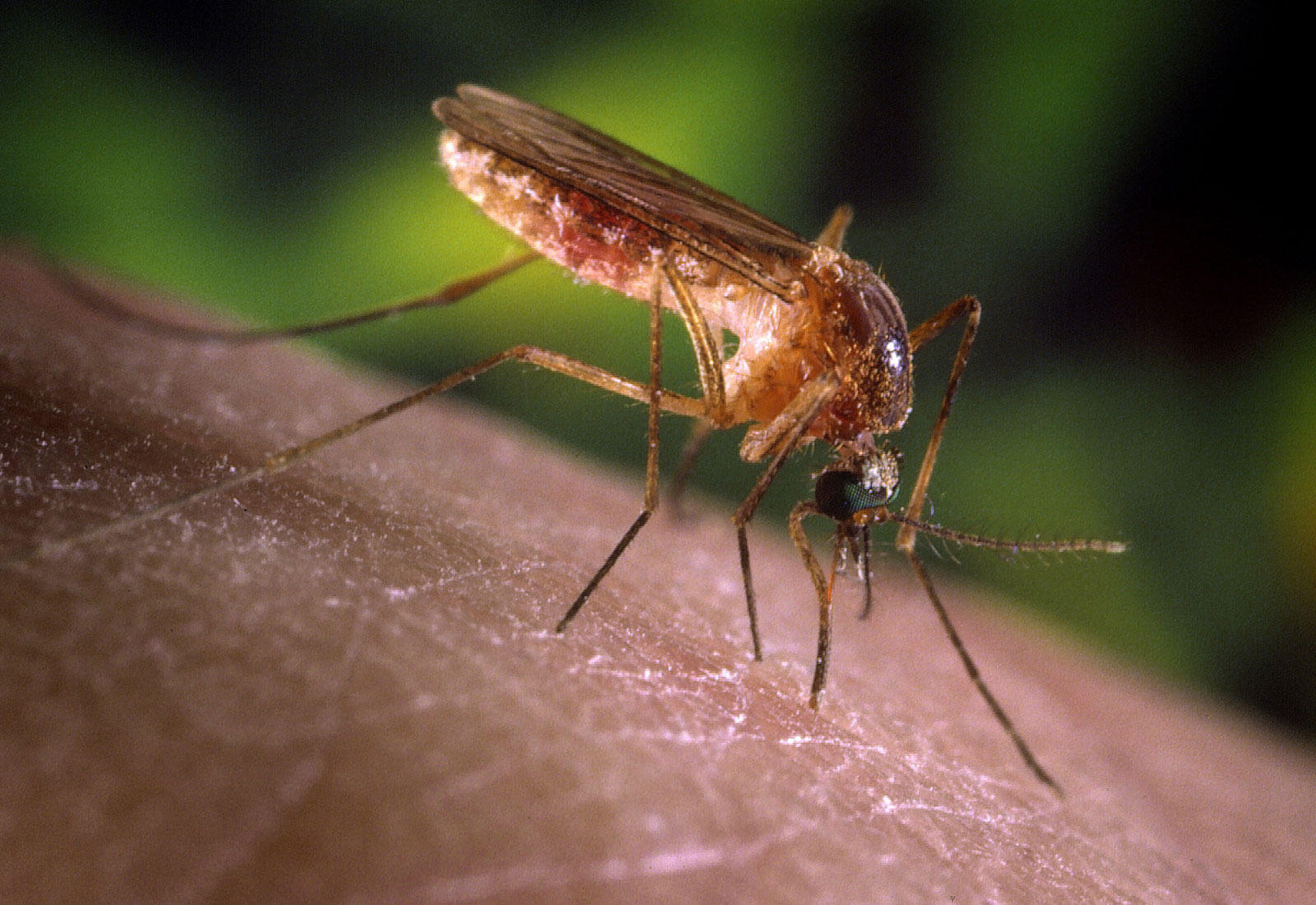
Arizonans enjoyed a cooler and wetter summer in 2021 but so did mosquitos, which caused West Nile virus infections at rates multiple times higher than previous years.
As of Dec. 23, the Arizona Department of Health Services recorded 1,567 known or probable cases of the virus. The agency attributes 99 deaths to the virus.
By contrast, 2020’s dry summer saw 11 total cases and two deaths, one of the lowest years of transmission since the virus was first discovered in 2003. The only year Arizona recorded more cases was in 2004, when the state had 391 cases.
Maricopa, Pinal and Pima counties – the state’s most populous – saw the lion’s share of infections. Maricopa recorded 1,339 cases, Pinal recorded 120 and Pima reported 94.
West Nile virus cases are typically a mid-summer to early-fall phenomenon but an unusually warm October and November kept mosquitos from going into hibernation. Because of this, ADHS data shows the majority of infections were discovered in October and November. At one point this fall, some hospital systems were said to have seen serious increases in the number of hospital beds filled by people being treated for WNV.
Dr. Marjorie Bessel, chief clinical officer at Banner Health, said her hospitals weren’t having the same experience as some of the other health care systems, “where we are aware that they are having some increased cases of West Nile virus.”
“I would ask everybody out there to help us make sure that we remain available, as well as those other health care systems that appear to be having a fairly significant increase of that particular disease,” she said on Oct. 1.
West Nile virus is spread through the bite of a mosquito that is infected with the virus. Most individuals infected with West Nile will not have any signs or symptoms of disease, ADHS says. In more serious cases, individuals can come down with meningitis and encephalitis. People over age 60 with other medical conditions are typically at higher risk for severe complications.
This article was originally posted on Wet summer leads to record West Nile infections in Arizona